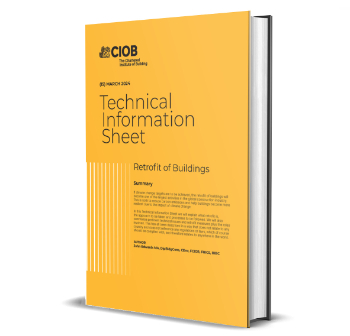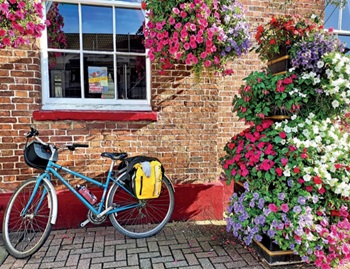Construction waste
Construction waste refers to the materials and debris generated during the construction, renovation, demolition, or excavation of buildings, roads, bridges, and other infrastructure projects. Construction waste can include a wide range of materials, such as:
1. Demolition Debris: Concrete, bricks, masonry, asphalt, wood, drywall, metal, glass, and other materials resulting from the demolition of existing structures.
2. Excavated Materials: Soil, rocks, gravel, and other materials excavated during site preparation and foundation work.
3. Packaging and Packaging Materials: Cardboard boxes, plastic wrapping, pallets, and other packaging materials used for transporting construction materials.
4. Unused or Surplus Materials: Leftover construction materials, such as lumber, pipes, tiles, paint, electrical wiring, plumbing fixtures, or any other materials that were not used in the project.
5. Hazardous Waste: Construction-related hazardous materials, including asbestos, lead-based paint, solvents, adhesives, oils, batteries, and other potentially harmful substances.
6. Miscellaneous Waste: Miscellaneous items generated during construction, including plastic waste, metal scraps, insulation materials, carpeting, furniture, and other non-recyclable or non-reusable items.
Effective management and disposal of construction waste are essential for environmental sustainability and resource conservation. Here are some common approaches to handling construction waste:
1. Waste Reduction and Recycling: Implementing waste reduction strategies, such as optimizing material usage, reusing materials, and promoting recycling of construction waste materials like concrete, metal, wood, and asphalt.
2. Segregation and Sorting: On-site sorting and segregation of different types of waste to facilitate recycling and proper disposal.
3. Responsible Disposal: Ensuring that non-recyclable waste is disposed of properly, adhering to local regulations and guidelines. This may involve using licensed waste management companies, landfill facilities, or waste-to-energy plants.
4. Donations or Resale: Identifying opportunities to donate or sell unused or surplus materials to salvage or reuse organizations, reducing waste and benefiting the community.
5. Hazardous Waste Management: Following specific protocols for the safe handling, containment, and disposal of hazardous materials to protect the environment and human health.
6. Construction Waste Management Plan: Developing a waste management plan at the beginning of a project to outline waste reduction strategies, recycling targets, responsible disposal practices, and assigning responsibilities to project stakeholders.
By implementing effective construction waste management practices, construction projects can minimize environmental impact, conserve resources, and contribute to a more sustainable and circular economy. Local regulations and guidelines should always be consulted to ensure compliance with waste management requirements in a specific region.
You must sign in or register to edit or comment on an article
Return to Talk:Construction waste.
Featured articles and news
ECA Industry Awards 2024 shortlist revealed
22 leading businesses from across the electrotechnical and engineering services sector.
Government unveils Skills England strategy
Skills England to transform opportunities and drive growth.
New Government Hub for York Given Planning Green Light
For up to 2,600 civil servants, due for completion by 2028.
Construction Skills Certification Scheme cards
July update on Professionally Qualified and Academically Qualified Person Cards.
BSRIA Briefing 2024, November 22
Sustainable Futures: Redefining Retrofit for Net Zero Living.
The CLC on driving competency in the retrofit sector
Previously published roadmap on skills for net zero.
The first labour government King's speech in fifteen years
Construction industry reactions, support and some concern.
CIOB Retrofit of Buildings Technical Information Sheet
What retrofit is, the approach to be taken and processes to be followed.
Adapting Historic Buildings for Energy and Carbon Efficiency
Historic England advice note 18, free download published.
10 retrofit projects revisited 10 years after completion.
Information orders, building liability orders and SPVs
Key BSA terms and how they impact special purpose vehicles.
Listed despite problems with its design.
Zen and the art of cycling exploration.
Design Council Homes Taskforce launched
To support government 1.5 million homes target within UK climate commitments.




















